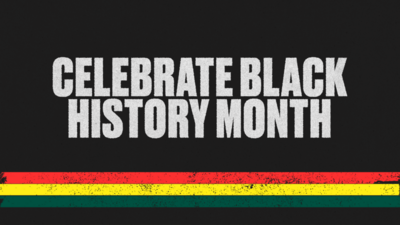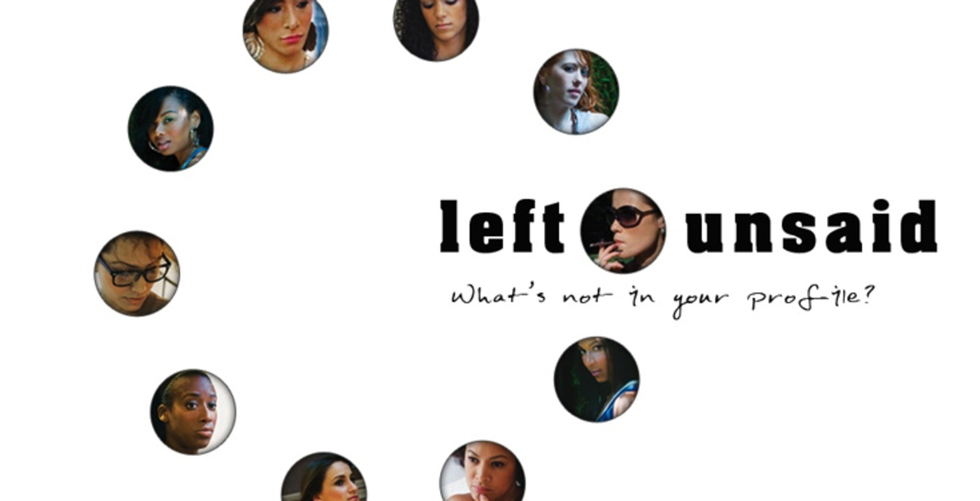
BY NELSON GEORGE |
How the Web is Changing the Films We Want to Watch
New distribution models might open digital doors to communities who might not otherwise have access.

The conventional wisdom is that web content should be short. But as more and more network TV and feature films are viewed online, I think that truism is going to fall away. I think original web content will have to be longer and more complex as it competes with non-Web content for eyeballs. The real difference will continue to be budget. No one is consistently putting up broadcast level dollars content for original online work. That means the scope of your story telling is confined by budget, forcing you make mini-indie films -- long on interiors and talking scenes.
I've been engaged with online distribution of content for a couple of years now. I've been doing travel videos for American Airlines for three years now. It’s a corporate gig, so the pay is good and, for the most part, they have allowed me to write and produce these five to nine minute pieces as I see fit. The pieces are distributed via their website and I link them to my followers via Facebook and Twitter. There is something very satisfying about getting well paid to get content out there that's supported by advertising and promotions on and off line. This content is targeted toward African-American adults with some means, so that influences the content.
I've also done a web series that I've posted myself via its own web site and YouTube, which was very satisfying creatively, though I lost money doing it. There are stories I want to do, both non-fiction and fiction, that I think will work well via on line distribution, liberated from the pressures and restrictions of TV and film studios. But the question you have to ask is 'Who is my audience?' and 'How do I reach them?' Some pieces are very targeted in terms of age, race or aesthetic. Others will work for a wide audience. I think what distribution outlets you utilize should be determined the nature of the story.
The idea that your feature film's theatrical release is the culmination of your efforts has been ancient history for many years, but with online distribution that idea feels almost quaint. The rush you get from being in theaters is unique, since it is a shared experience. But when folks see a project of yours online, DVD or HBO you really feel the response as well. I produced a documentary called Good Hair that did very well as a theatrical doc for Road Side. But when it played HBO it was viewed by way more people than saw it in theaters. The online chatter about the film was amazing via the cable window, probably more positively than for the theatrical release.
My eyes are wide open about how this will work for my future projects, but I am very optimistic that it will make a difference for features aimed at African-American films. It feels like the theatrical biz has abandoned black themed dramas and this may be the way to serve those audiences AND allow those behind-the-scenes to make a living.
